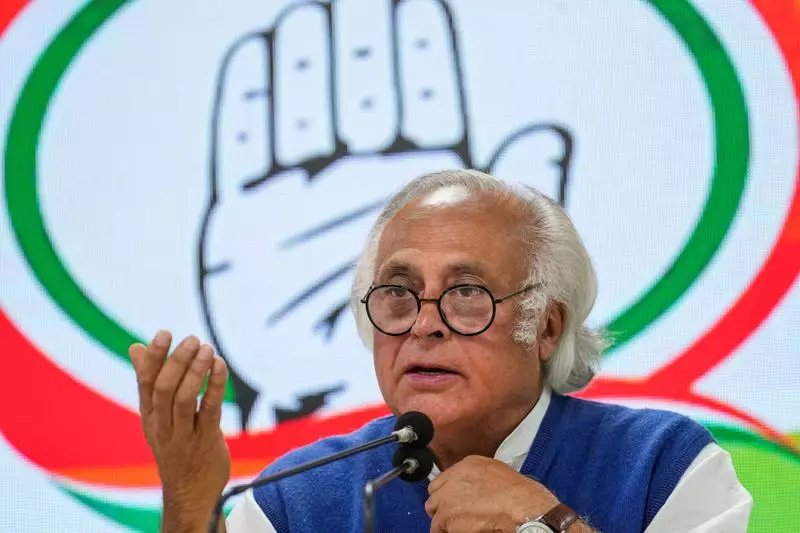
India's air pollution crisis has escalated into a full-scale assault on both the minds and bodies of its citizens, with the Congress party issuing a stark warning about the devastating health impacts affecting millions nationwide.
In a powerful statement, Congress leader Jairam Ramesh highlighted how toxic air is no longer just an environmental concern but has become a severe public health emergency. "The pollution we're breathing is systematically damaging our cognitive functions and physical health," Ramesh emphasized, pointing to the invisible threat that permeates cities and rural areas alike.
The Brain Drain Nobody's Talking About
Scientific evidence increasingly shows that air pollution doesn't just harm lungs—it directly attacks brain function. Studies reveal that prolonged exposure to polluted air can:
- Impair cognitive development in children
- Accelerate cognitive decline in adults
- Increase risk of neurological disorders
- Affect memory and learning capabilities
Ramesh stressed that this represents a "silent epidemic" affecting India's future productivity and intellectual capital.
Children and Elderly Most Vulnerable
The Congress communication highlighted how certain demographics bear the brunt of this crisis more severely. Young children, whose brains are still developing, face potentially permanent damage from continuous exposure to toxic air particles. Meanwhile, elderly citizens experience accelerated health deterioration, with pollution exacerbating existing conditions.
A Comprehensive Health Crisis
Beyond neurological impacts, the pollution crisis manifests in multiple ways:
- Respiratory Damage: Rising cases of asthma, bronchitis, and lung cancer
- Cardiovascular Strain: Increased heart attacks and blood pressure issues
- Reproductive Health: Affecting fertility and pregnancy outcomes
- Immune System: Weakening natural defenses against diseases
Call for Urgent Action
The Congress party has called for immediate, comprehensive measures to address what they term a "national health emergency." They advocate for stronger pollution control policies, better monitoring systems, and greater public awareness about the true scale of the health impacts.
As India grapples with this invisible enemy, the warning from political leaders adds urgency to the growing chorus of medical professionals and environmental experts demanding concrete action before the damage becomes irreversible.





